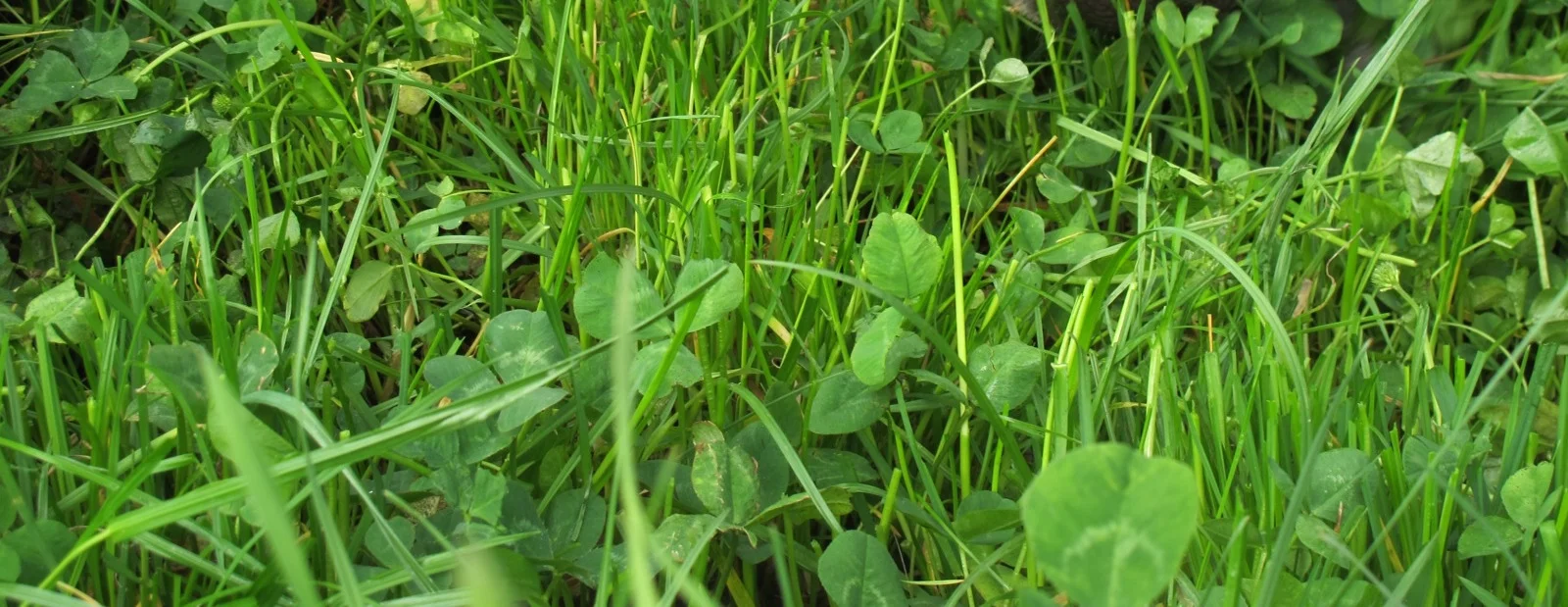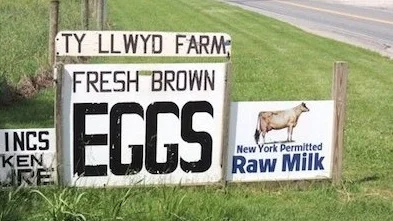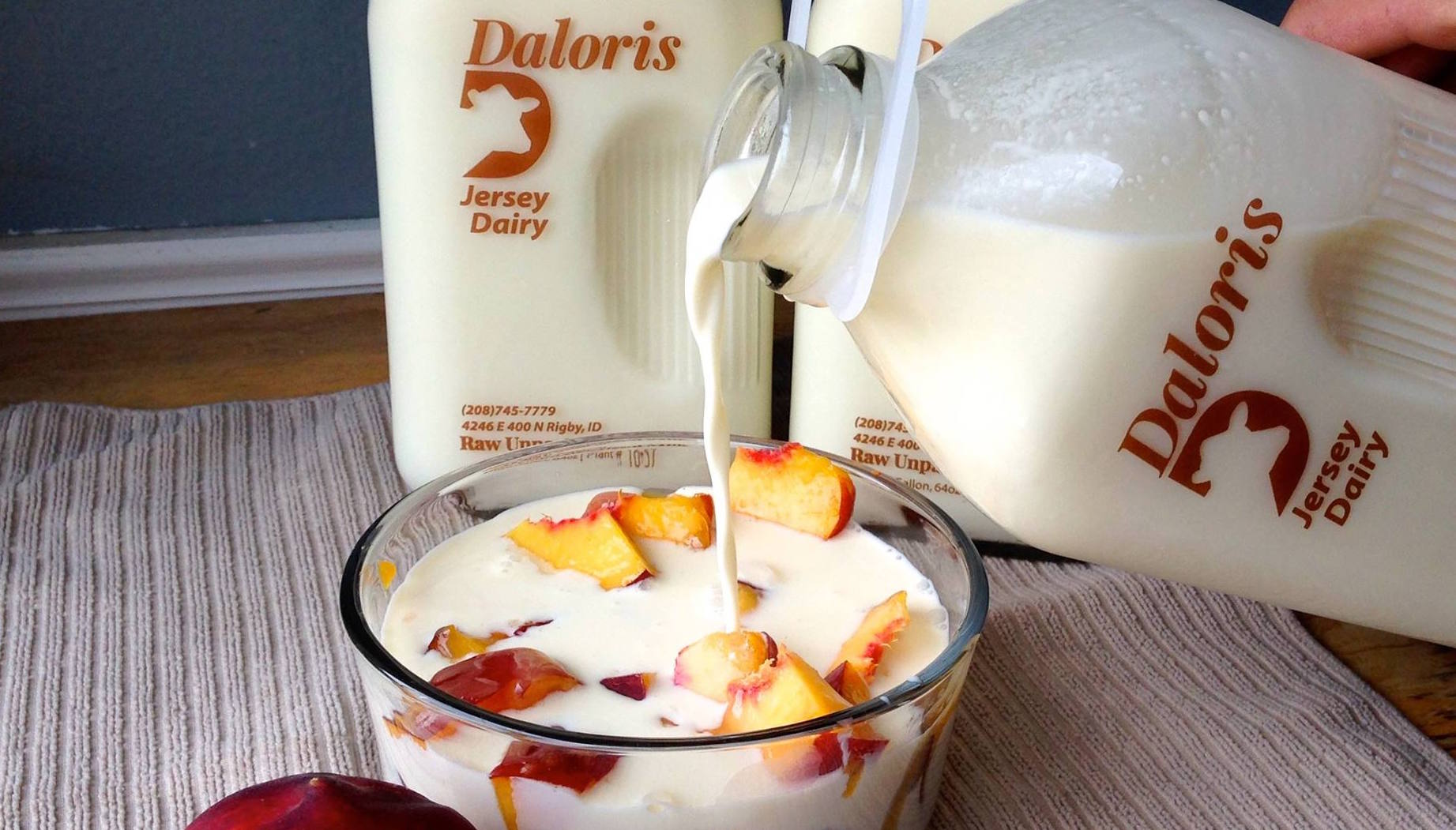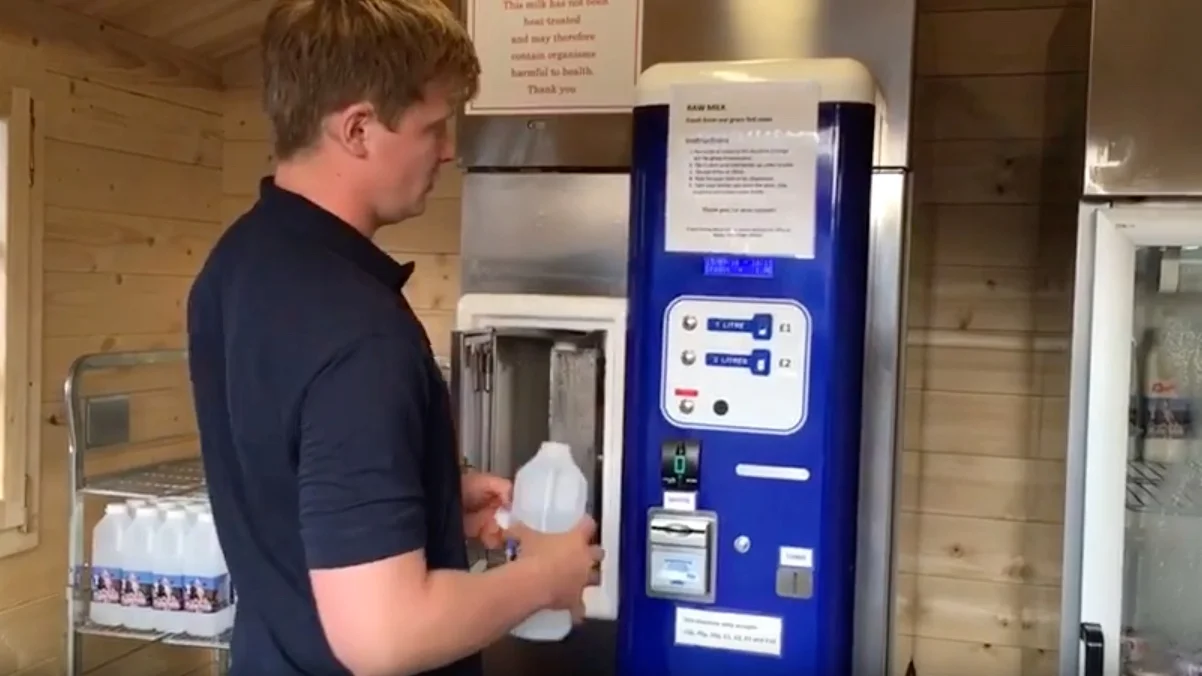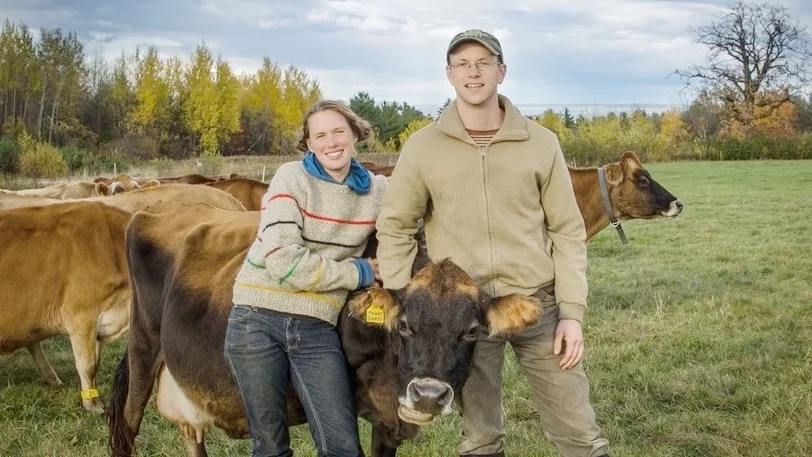Australia needs to modernise its dairy food regulations to legalise and regulate the sale of safe raw milk to satisfy the existing consumer demand. The recent punitive measures taken by state governments against dairy farmers to prevent the sale of raw milk are counter-productive and will encourage a black market with its inherent problems. A legal and regulated system allowing consumers access to safe raw milk is achievable and it is done in most countries around the world. Australia is an exception!
Dr. Ron Hull
Raw milk is just as safe as pasteurised milk when produced and sold under world best practice. Examples of world best practice can be found in many countries across Europe (including the UK), and in America and New Zealand. We already have farmers in Australia producing safe raw milk using world best practice. What is missing is appropriate legislation to regulate this industry.
Under the Free Trade Agreement (CER) of 1983 between Australia and New Zealand, an important benefit was the harmonisation of trans-Tasman food standards. This was accomplished through the ANZFA Agreement of 1985, meaning lower compliance costs for industry, fewer regulatory barriers and more consumer choice (1). The current body was renamed FSANZ in 1991. Its role is to develop a code of harmonised food safety and labelling standards for the two countries, governed by legislation in the States (2). Australian States are obliged to follow the code in legislation, whilst New Zealand has the unique position of being able to opt out.
New Zealand has permitted on-farm sales of raw milk for more than 50 years. Following a review, in 2016 home deliveries will be allowed for the first time, in addition to the established farm pickup system. New registration and milk testing provisions will apply to raw milk producers. People who make cheese for their families will be able to buy as much raw milk as they want, and sales limits on farmers will be lifted.
The Australian dairy industry is recognised worldwide for its high quality dairy products—clean, green and safe. This stems from a long history of committed dairy farming family businesses focused on producing the highest quality raw milk from healthy cows grazing pasture, supported by world first technologies from organisations like CSIRO, and all backed up by high quality regulation. The dairy industry was de-regulated in July 2000 (3) but some aspects were overlooked, including the mandate that all farm milk must be pasteurised before processing. This regulation was originally included for the financial benefit of the dairy industry. Recently a change has been made to allow raw milk cheese production to restart in Australia after two decades of being banned. It is now time to modernise the regulations to allow retail sale of safe raw milk in Australia.
If you are a raw milk advocate I encourage you to support your local dairy farmers and their family businesses in this process of modernisation, while recognising the important role of regulation in providing safe raw milk to consumers.
About the author
Ron Hull BSc PhD (Adelaide, SA)
Principal Consultant Microbiologist, Ron Hull & Associates. Melbourne Australia.
(1974–1994) Head of CSIRO Dairy Microbiology including Curator of the CSIRO Starter Culture Collection.
(1971–1973) Research Associate, Molecular Oncology, Pathology Department, Stanford University Medical Centre, California.
References
(1). CER http://dfat.gov.au/trade/agreements/anzcerta/pages/australia-new-zealand-closer-economic- relations-trade-agreement.aspx.
(2). FSANZ
http://www.foodstandards.gov.au/about/pages/default.aspx
(3) Dairy Deregulation
http://www.dairyaustralia.com.au/Industry-information/About-the-industry/Deregulation.aspx
Abbreviations
ANZFA: Australia and New Zealand Food Authority
CER: Closer Economic Relations agreement
CSIRO: Commonwealth Scientific and Industrial Research Organisation.
FSANZ: Food Standards Australia and New Zealand
Related Articles:
Organic Pastures Raw Milk Safety Program
A response to a concerned doctor regarding Raw Milk consumption
Australian Dairy farmers lead renewed push to legalise raw milk
B.C. Fresh Milk Project with information about what world best practise looks like
